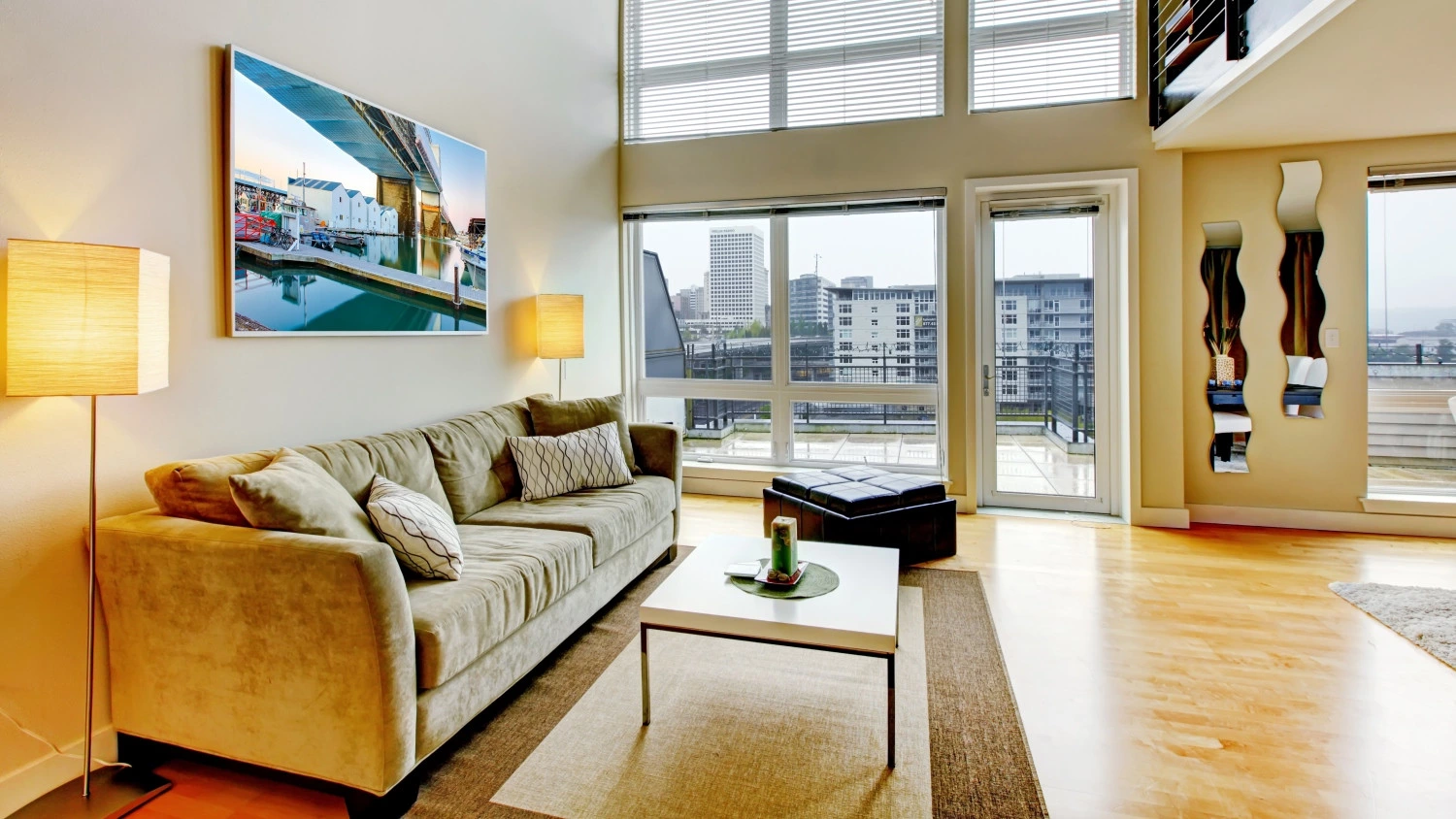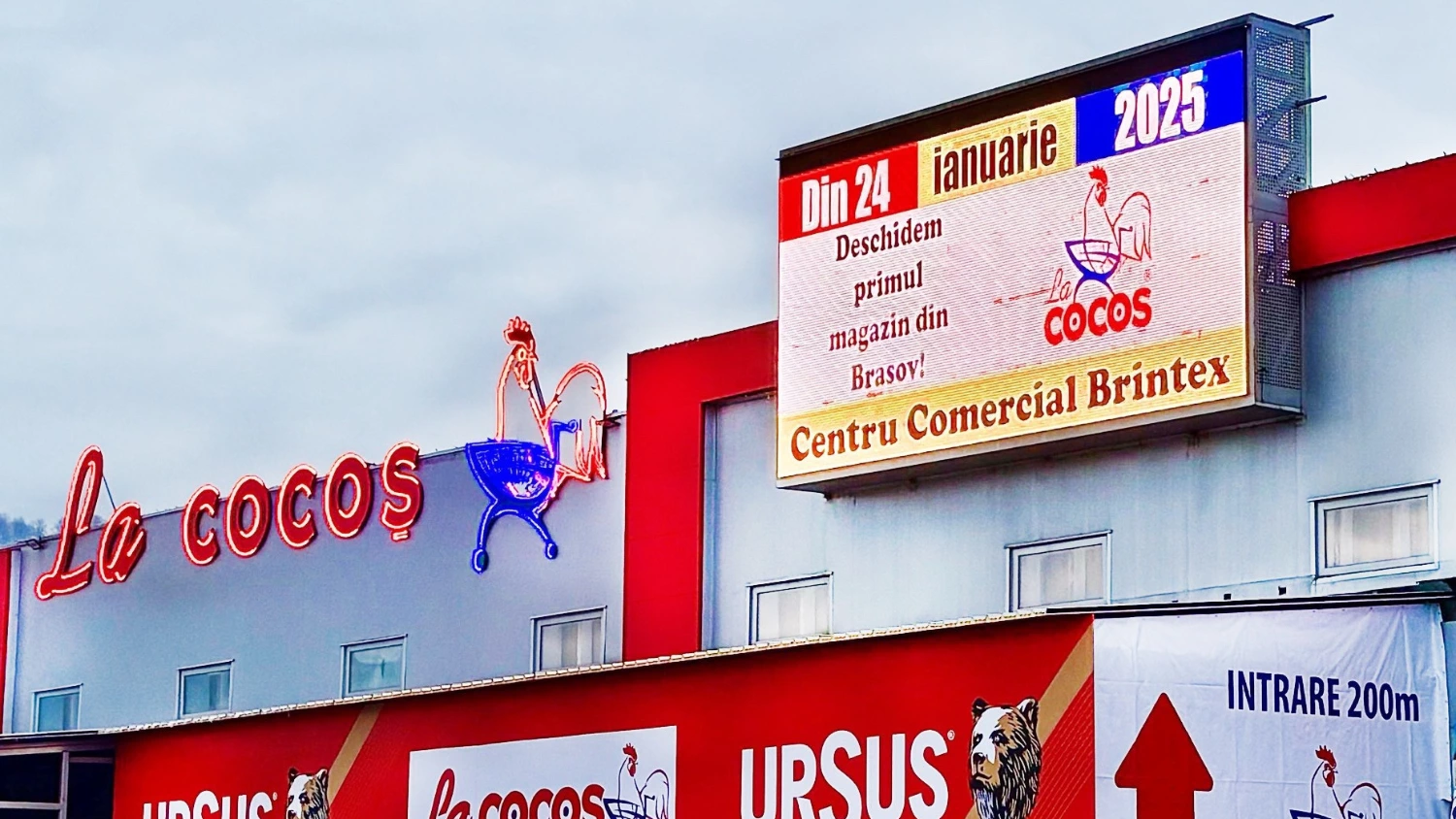Under these conditions, the budget allocated for this purpose is projected to remain similar to last year (the equivalent of $ 586 per child, down just $ 11 from 2023), and the overall market spend holds relatively steady at $32 billion. Clothing and accessories, and school supplies are flat year on year, while tech products (computers and hardware, electronic gadgets and digital subscriptions) decrease by 11% compared to 2023. If budgets become too tight and costs must be reduced, parents will cut back on school supplies (40%) and clothing (28%).
On the other hand, 86% of parents have enrolled their children in extracurricular activities, for which they estimate to spend an annual average of $582 per child. They believe that such activities are important because they are an investment in their children's future (73%), are beneficial for their mental health (58%) and keep them busy while parents are at work (56%).
For shopping, 70% of parents are looking for proximity retailers, offering convenient delivery options and hassle-free returns. Most of them prefer mass merchants (77%) and online stores (65%), appealing in price and convenience. A third of online shoppers plan to utilize the "buy online pick up in-store" option, up from 21% in 2023. In addition, 33% of study participants intend to use social media (compared to 21% in 2023), and 18% plan to use generative AI, because it can provide product reviews, helping to save time and money.
At the same time, according to the study, consumers are prioritizing lower prices over loyalty - 67% will change brand if the preferred one becomes expensive, 62% will shop at affordable retailers over preferred ones, and 50% will choose private labels over name brands.
"The results of the study highlight parents' concerns about cutting expenses, in general, and more attention paid to saving. The trend is also valid in European countries, where consumers are still not confident enough about the disinflation process and remain cautious about spending. According to Eurostat, in the first quarter of this year, household consumption increased by 0.2% in the euro area, while the saving rate advanced by 1.4% compared to the previous quarter. Under these conditions, retailers should adapt their product range to meet buyers' price expectations, diversify their sales channels and the way they engage with customers, both in-store and online," said Raluca Baldea, Tax Partner, Deloitte Romania, and Leader of the Retail and Consumer Goods Industry.
With growing interest in environmental protection, more parents support circularity, and 43% (up from 40% in 2023) intend to buy pre-owned back-to-school items. But circular shoppers are expected to spend only 7% less than others.
Deloitte back-to-school 2024 survey, now in its 17th edition, was conducted among about 1,200 US parents of school-aged children.










